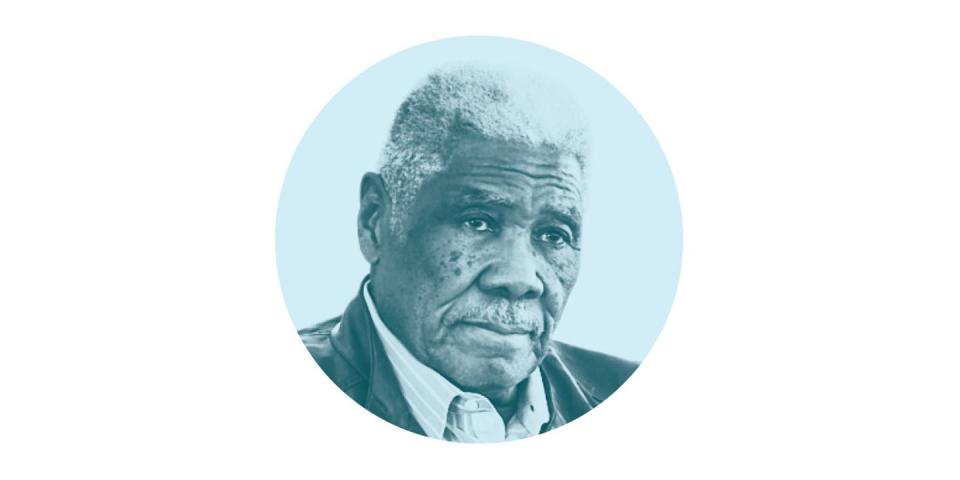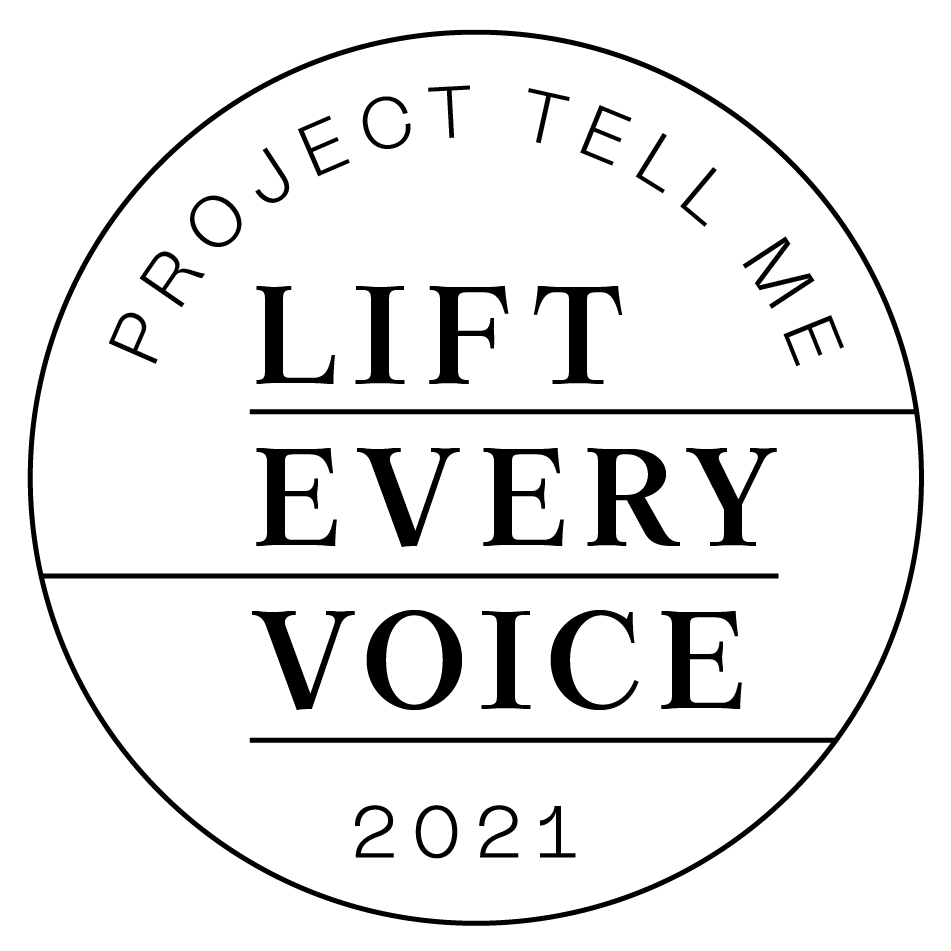Veteran John Nash, 88, Is Still Fighting for Racial Equality

“Hearst Magazines and Verizon Media may earn commission or revenue on some items through the links below.”
Interview by Alani Letang

This article was originally published with Hearst Television. Click here to see the video.
John Nash, 88, grew up in the segregated South before he moved to Seaside, California, where he’s lived for more than six decades.
Nash grew up in Pelham, North Carolina—“a farm town,” as he described it.
“And what we did back there, my parents was a sharecropper,” he said in an interview with Alani Letang, a reporter with station KSBW. “We raised tobacco. What happened, we didn’t own the land, somebody else owned the land. And we supplied labor to, you know, to do the tobacco farming. So most of us, all of us, really, when we got old enough, we moved away, and I went to go into the Army. They drafted me. I was drafted in 1952.
He was drafted Nov. 5, 1952.
“I’ll never forget it,” Nash said.
“It really wasn’t that bad [in Seaside] because it was a lot of soldiers here and the school wasn’t segregated here,” Nash said.
Letang asked Nash to share his thoughts on where Black equality has come since segregation and the civil rights movement.
“Well, we just had a vice president elected for the highest office in the country,” Nash said. “We can’t sit back and wait (for) somebody do it for us. We’ve got to do it like (Stacey) Abrams did in Georgia. We got to get out and push. And I think we wouldn’t be pushing hard enough because we get a little, we got too comfortable. We get a little ways and we get comfortable,” Nash said.
“You just don’t supposed to just let it happen, you supposed to fight about it. You got to fight for it. It shouldn’t have to, you know, it’s America. ...Everybody’s supposed to be, you know—the creed that everybody should be treated alike. But it’s not happening. Martin Luther King did a wonderful job. You know, that was in the ’60s. For it to come, 50 years later, come back like that, it’s awful."
Nash said he thinks it will take more time for Black Americans to have equality.
“It’s really going to take time. And just like I said, we need to be educated. And, you know, I was in the Army. I retired from the Army. And I learned stuff that I didn’t know was happening. They had Black soldiers training the people at West Point, how to ride and shoot. I didn’t know that until, I don’t know when,” Nash said.
The veteran added, “That wasn’t in the history book that I read. That’s another thing. A lot of stuff was left out when I was going to school, too. It was left out the history books.”
Nash said he is hopeful for change that might come under the Biden-Harris administration.
Nash said, “Well, yeah, I think ... (President Joe Biden) and (Vice President Kamala Harris) are going to do a lot, a good job.”
“Well, they need help, too, you know, they can’t do it alone,” Nash said.
Turn Inspiration to Action
This story was created as part of Lift Every Voice, in partnership with Lexus. Lift Every Voice records the wisdom and life experiences of the oldest generation of Black Americans by connecting them with a new generation of Black journalists. The oral history series is running across Hearst magazine, newspaper, and television websites around Juneteenth 2021. Go to oprahdaily.com/lifteveryvoice for the complete portfolio.

You Might Also Like

